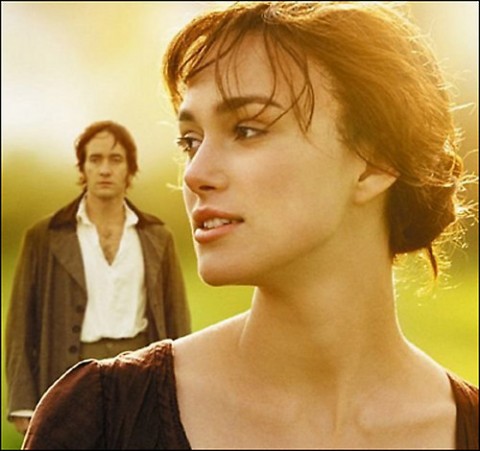Saturday Night Live, now in its 39th season, has become more notable lately for its takes on such unintentionally (and too often painfully) funny political figures as Sarah Palin and Michele Bachmann, rather than for its actual sketches. The show’s had some rough years, and though I can’t count myself among its current fans, for perhaps an eight-year period, from the late 80s to the mid 90s, I tried to catch every episode. Occasionally, I would have to endure what every fan of the long-running show must bear: a long nostalgic rant from my parents’ generation about how terrible the show had become and how it would never be as funny as it was in their day. But they may have just been right, since they watched it live in its infancy in the mid-seventies, when the show featured such comedic giants as Dan Aykroyd, Steve Martin, John Belushi, Bill Murray, and Gilda Radner. Although the topical humor of those early episodes is badly dated, the raw energy radiating from people who would go on to create such enduring classics as Animal House, The Blues Brothers, The Jerk, and Caddyshack sets the bar very high for everyone who followed.
Debuting on October 11, 1975, the brainchild of Lorne Michaels and Dick Ebersol was originally just called the show Saturday Night to differentiate it from an ABC show called Saturday Night Live with Howard Cosell. But from its inception, the hallmark elements were in place: the opening sketch ending in “Live from New York, it’s Saturday Night!” (originally uttered each time by Chevy Chase); the live studio audience; the celebrity guest host (pioneered by George Carlin in the first episode); and the live musical guests (the first were Billy Preston and Janis Ian). The original cast consisted of Chevy Chase, Dan Aykroyd, Jane Curtin, Garrett Morris, Gilda Radner, John Belushi, and Laraine Newman. In the video at the top you can see a very young Lorne Michaels introduce the eight original cast members before the first show aired in an interview on The Tomorrow Show with Tom Snyder. Asked by Snyder about the format of the show, Michaels jokingly replies, “we’ve got eight, and we’re hoping for two to really work. Not all of these people will become stars.” The cast laughs nervously. There’s no way any of them could have known how much the show would function as a star-making machine, but that is exactly what it became, even in its first season.
We are lucky to have screen tests from two of the first cast’s biggest stars-to-be, John Belushi (above) and Dan Aykroyd (below). In his audition, Belushi waggles his famous eyebrows, does a couple of brilliant Brando impressions, and generally hams it up. Aykroyd plays it straight, engaging in the smart satire of current events and pop culture that he did so well and pulling off a very credible Louisiana accent.
While some of the most famous comedians of season one, including Belushi and Aykroyd, are well known even to the raw youth of today, Lorne Michael’s first hire, the fabulous Gilda Radner, has sadly faded from pop culture memory, and there are precious few clips of her SNL work online. But Radner was a singular artist whose stand-up routines and Broadway shows are absolutely phenomenal, and still hold up today. You can see her below from her 1979 show “Gilda Live” doing a character called Candy Slice, her take on Patti Smith (who was never so wasted, I think). Notice a young Paul Schaeffer on the drums and SNL’s G.E. Smith, Radner’s first husband, on guitar. Radner’s tragic death from ovarian cancer in 1989 cast her late life in somber tones, but seeing her below, before her illness, offers but a glimpse of the tremendous physical energy and commitment she brought to her every memorable character on the show.
Related Content:
The Stunt That Got Elvis Costello Banned From Saturday Night Live
William S. Burroughs on Saturday Night Live, 1981
Tom Davis, Original Saturday Night Live Writer, “De-animates” at 59
Josh Jones is a writer and musician based in Durham, NC. Follow him at @jdmagness



